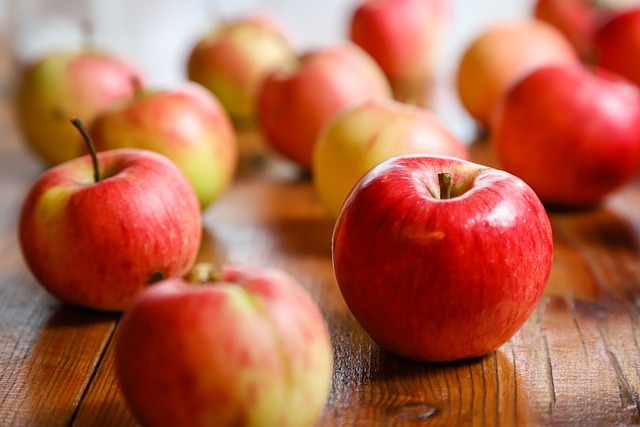
Maintaining kidney health is crucial for overall well-being. The kidneys play a vital role in filtering waste products, balancing electrolytes, and regulating blood pressure. One way to support kidney health is through a healthy diet.
Key Points:
Our kidneys are vital organs responsible for filtering waste products, balancing electrolytes, and regulating blood pressure. Here, we explore the ultimate kidney-friendly diet, including what to eat and what to avoid, backed by scientific research.
Why Kidney Health Matters
Before delving into the foods that can benefit your kidneys, it’s important to understand why kidney health is so crucial. The kidneys are responsible for filtering waste products, excess water, and other impurities from the blood to form urine. They also help regulate blood pressure, produce red blood cells, and maintain electrolyte balance in the body. When the kidneys are not functioning properly, waste products and fluids can build up in the body, leading to various health issues.
What to Eat
1. Red Bell Peppers:
Rich in vitamins A, C, and B6, red bell peppers are low in potassium, making them an excellent choice for kidney health. These peppers also contain a powerful antioxidant called lycopene, which may protect against certain types of cancer.
2. Cabbage:
Packed with phytochemicals that help break up free radicals before they can do damage, cabbage is a good source of vitamins K and C, fiber, and other essential nutrients.
3. Cauliflower:
High in vitamin C, folate, and fiber, cauliflower is a kidney-friendly vegetable. It is also low in potassium, making it suitable for people with kidney disease.
4. Garlic:
Contains antioxidants that help reduce inflammation and prevent damage to the kidneys. It also has antibacterial and antiviral properties, which can help protect against infections.
5. Onions:
Rich in flavonoids, which reduce the risk of heart disease and certain types of cancer, onions also contain chromium, which helps regulate blood sugar levels.
6. Apples:

High in fiber and antioxidants, apples can help reduce the risk of kidney disease. They also contain pectin, a type of soluble fiber that can help lower cholesterol levels.
7. Cranberries:
Known for preventing urinary tract infections (UTIs), cranberries contain compounds that prevent bacteria from sticking to the walls of the urinary tract, reducing the risk of infection.
8. Blueberries:
Packed with antioxidants that protect the kidneys from damage caused by free radicals, blueberries are also low in potassium.
9. Fish:
Fatty fish like salmon, mackerel, and sardines are high in omega-3 fatty acids, which reduce inflammation and improve kidney function. They are also a good source of high-quality protein.
10. Olive Oil:
Rich in healthy fats and antioxidants, olive oil can reduce inflammation and protect against kidney damage. It is also low in saturated fats, making it a heart-healthy choice.
What to Avoid
Processed Foods:
High in sodium and phosphorus, processed foods can strain the kidneys and worsen kidney function.
Sugary Drinks:
High in sugar and empty calories, sugary drinks can contribute to weight gain and increase the risk of kidney disease.
High-Sodium Foods:
Excessive sodium intake can lead to high blood pressure and kidney damage. Avoid foods high in salt, such as processed meats, canned soups, and fast food.
Red Meat:
High in protein and phosphorus, red meat can be hard on the kidneys. Limit consumption and opt for leaner protein sources like poultry or fish.
Alcohol:
Excessive alcohol consumption can lead to dehydration and strain the kidneys. Limit intake and drink plenty of water.
Dairy Products:
High in phosphorus and potassium, dairy products can be hard on the kidneys. Choose low-phosphorus and low-potassium alternatives.
Certain Medications:
Some medications, such as non-steroidal anti-inflammatory drugs (NSAIDs) and certain antibiotics, can harm the kidneys. Consult with a healthcare professional before taking any new medications.
The Bottom Line
Incorporating these kidney-friendly foods into your diet can revitalize your kidneys and support their optimal function. However, it’s important to consult with a healthcare professional or a registered dietitian before making significant dietary changes, especially if you have kidney disease or other health conditions. By nourishing your body with these nutrient-rich foods, you can give your kidneys the support they need to thrive and keep you healthy.

Your insights are very valuable.
I found this post incredibly useful. The tips and insights you’ve shared are going to be very helpful for my work.
I really appreciate the depth of information you’ve provided here. It’s clear that you’ve put a lot of thought and effort into this post, and it’s made a big difference for me.
This article answered all my questions.